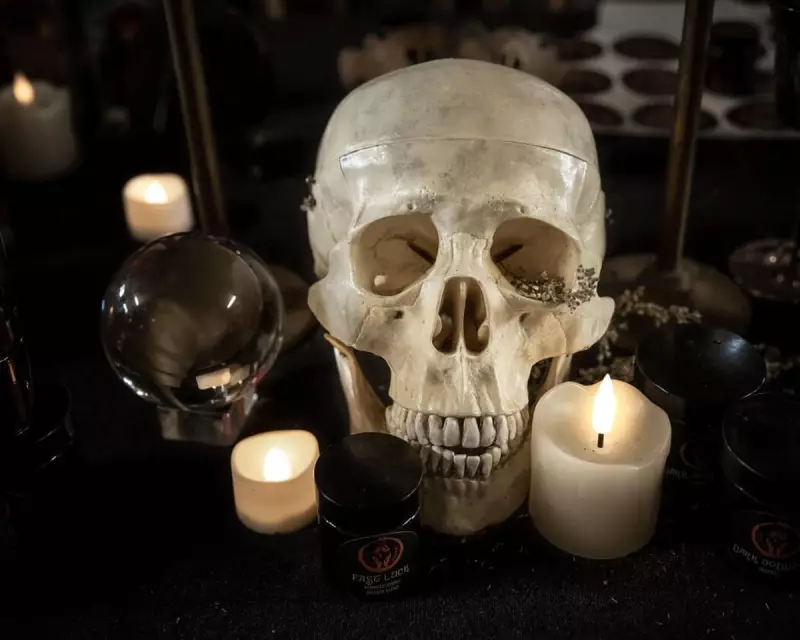
A deeply unsettling trade is flourishing in the shadowy corners of the internet, where human bones are bought and sold like common commodities. A major investigation by The Guardian has exposed a booming and almost entirely unregulated online market for human remains, sparking outrage from experts and calls for urgent government action.
From Medical Specimens to Macabre Decor
The investigation reveals that social media platforms, particularly Instagram and Facebook, have become bustling marketplaces. Sellers hawk everything from full human skeletons—priced at thousands of pounds—to individual vertebrae, skulls, and even jewellery made from human teeth. This trade often operates under the guise of "medical antiques" or "educational specimens," blurring the lines between legitimate anatomical collecting and grotesque consumerism.
One academic was horrified to discover a necklace made from human teeth being advertised, a stark symbol of the trade's ethical vacuum. "A necklace of teeth isn't acceptable," they stated, highlighting the profound disrespect for the deceased.
A Legal and Ethical Minefield
The trade exists in a significant legal grey area. In the UK, while it is not illegal to sell human remains that are over 100 years old, the absence of a robust regulatory framework creates a free-for-all. The Human Tissue Authority's remit is limited to more recent material, leaving a vast historical market unchecked.
This lack of oversight means there is often no way for buyers to verify the ethical provenance of the items. Concerns are mounting that bones could be sourced from historical anatomical collections acquired unethically, or even from modern contexts in countries with weaker laws, potentially amounting to a form of modern-day grave robbery.
Social Media's Troubling Role
Campaigners are placing significant blame on tech giants for facilitating this trade. Despite policies purportedly banning the sale of human body parts, enforcement on platforms like Instagram appears lax. Dedicated accounts and hashtags easily connect buyers and sellers, allowing the market to thrive openly.
Experts argue that these companies have a moral responsibility to clamp down on these groups and transactions more effectively, preventing their platforms from becoming digital graverobbers' markets.
A Call for Change
The investigation has triggered a powerful backlash. Bioarchaeologists, medical ethicists, and politicians are now demanding stricter laws. Proposals include creating a mandatory licensing system for sellers, introducing stringent provenance checks to ensure remains were obtained ethically, and pressing social media companies to enforce their own rules far more rigorously.
This isn't just about regulating antiques; it's about enforcing basic human dignity. As the line between education and exploitation becomes increasingly blurred, the pressure is mounting on authorities to finally bring this macabre and disrespectful trade out of the shadows and into the light of the law.





